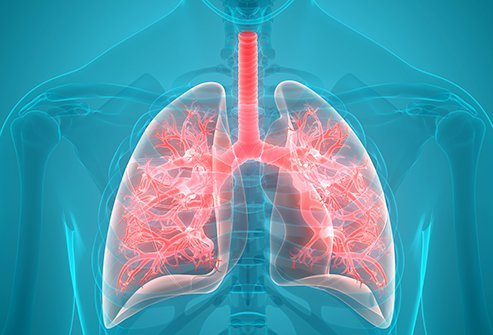What Are the Best Home Remedies for an Upper Respiratory Infection?
What is an upper respiratory infection?

An upper respiratory infection (URI) is typically referred to as the common cold. More than 200 different viruses can cause URIs. You can pick one up anywhere. They tend to strike seasonally during the late fall and winter months.
The sheer number of cold viruses makes it next to impossible for you to develop immunity against them.
Symptoms of an upper respiratory infection
The classic symptoms of an upper respiratory infection are:
- Stuffy and runny nose
- Sore throat
- Fever
- Sneezing
- Cough
- Headache
- Reduced appetite
Children are especially vulnerable to the common cold. URIs spread through person-to-person contact, especially touching. Sneezing or coughing in public can also spread the virus.
Handling objects that someone with a URI has been in contact with may also infect you. Frequent hand washing is the best way to protect yourself from common cold infections.
Home remedies for an upper respiratory infection
Upper respiratory infections have no cure. Antibiotics have no effect on them. Antibiotics will help stop a bacterial infection. They will not treat your URI, which is a viral infection.
Treatment for an upper respiratory infection is usually just a matter of easing your symptoms. Get plenty of rest, drink lots of fluids, and simply wait it out.
Some home remedies to help the cold pass through your body a little faster are:
Saline nasal sprays
Saline nasal sprays are safe for everyone, including children. They can be purchased at your pharmacy and may relieve your stuffy nose symptoms.
Do not confuse saline nasal sprays with nasal decongestant sprays. These can actually make your URI worse.
Humidifiers
Humidifiers also work well for stuffy nose symptoms produced by URIs. A cool mist humidifier in your bedroom can normalize your breathing.
Talk to your doctor before you use one. Excessive humidity in the air can actually worsen allergies in some people.
Over-the-counter (OTC) medicines
Many people regularly take OTC medicines like acetaminophen during cold and flu season.
Be careful. A side effect of acetaminophen is that it can cause liver damage if overused. Do not give acetaminophen to a child under the age of 6 unless your doctor advises it.
Fasting
Your child will probably avoid eating when they have an upper respiratory infection. This might cause you some understandable anxiety, but you shouldn’t worry.
Doctors typically advise against forcing your child to eat when they have a URI. Let them eat when they’re hungry and reintroduce solid food gradually.
Fluids
You or your child may be more inclined to drink than eat when you have a cold. This is a healthy impulse. Don’t ignore it.
Consider popsicles, warm soups, and broth in addition to increasing your water intake. All of these can be comforting when you have an upper respiratory infection.
Honey
Honey is highly recommended as a remedy for coughs and some other symptoms associated with URIs. Both children and adults benefit from mixing honey with boiling water to treat their acute coughs.
Do not give honey to an infant under the age of 1. Your baby should not consume honey at all.
When to see a doctor for an upper respiratory infection
The viruses that cause upper respiratory infections usually run their course within 10 days. Schedule an appointment with your doctor if your URI lasts longer than this. Persistent symptoms might indicate that something more serious is behind them.
Symptoms like chills, fever, and coughing up phlegm are common to upper respiratory infections. Call your doctor if these last longer than 10 days.
There are also a few severe symptoms to watch out for during a cold, including:
- Painful breathing
- Shortness of breath
- Wheezing
- Chest tightness
- A fever of over 101 degrees Fahrenheit that lasts longer than two days.
If you notice any of these, at any stage of the illness, call your doctor.
Prognosis and outlook for an upper respiratory infection
Don’t be at all surprised if the symptoms of your upper respiratory infection get worse during the first three to five days. This is normal. You should see gradual improvement after that period. With or without treatment, most URIs run their course in less than two weeks.
